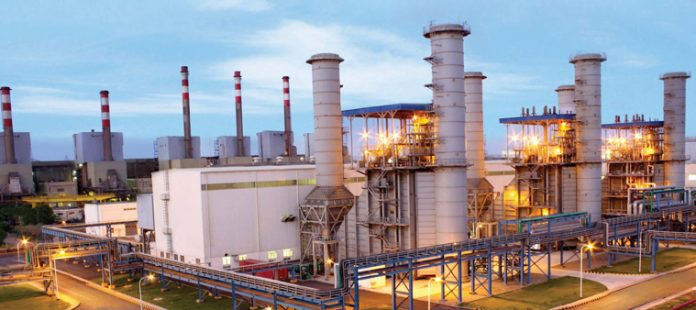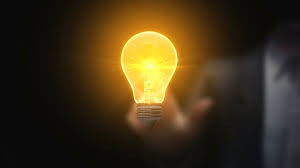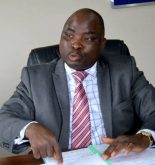By Energy Worth
Nigeria’s Minister of Power, Works and Housing, Mr Babatunde Fashola has disclosed that the expected addition of 459MW of electricity to the national grid from the Azura Power Project will only complicate the country’s current challenge with stranded power.
Stranded power is generated power that cannot be distributed.
“Azura would start commercial operations sometime in June, that is 459MW that would be added to the 2000MW of the already stranded power in the system. In addition to this, Afam is coming with 240MW,” Fashola told the media while on a visit to Ikorodu yesterday to commission a transmission substation.
He disclosed that despite the fact the country currently has a capacity to transmit 7000MW, the distribution companies can only absorb 5,000MW leaving a balance of 2000MW of electricity that is lost.
“Unfortunately you can’t store power, what is generated is lost down the line,” he said.
What the country needs, he said, is more capacity in the immediate term in the distribution and transmission sides of the power value chain.
“So in my view, where investment should go now is into distribution and transmission. We need more capital invested on the distribution and transmission side of the business, so that we can make the whole business venture worth the while. If people are producing what people cannot sell, then the business will struggle.”
Despite the success achieved in delivering the 459MW Azura power project ahead of schedule, the prospect of replicating the model to expand Nigeria’s power generation capacity significantly is slim.
Fashola said that the country would have to wait a while in order to experience another large power project like Azura. This is because of the challenges that the country is facing in expanding its transmission and distribution capacity, which is needed to evacuate generated power.
The early completion of Azura had raised hopes that the model could be replicated to expand the country power’s generation capacity which is stuck at 12,000MW nameplate capacity even though just about one fourth of that gets to homes and businesses. Self-generated power remains the biggest cost item on the books of many businesses in the country, and acts as one of the biggest hindrances to innovation.
Fashola stated that transmission and distribution remain the biggest inhibitor for investors in developing large projects like Azura despite the fact that there is an already existing template that they could work with.
Fashola said the government is doing everything possible to remove transmission bottlenecks that the country is facing just as it is also working to see the problems of distribution is resolved.
But industry experts have suggested that what the country needs is sweeping market reforms in the power sector to give the electricity industry a much-needed face lift.
They said efforts should be made to fix the fundamentals of the electricity market so that every megawatt that is generated has value by fixing a market-determined tariff, enough to pay for power and gas. They note that without the needed market reforms, Africa’s largest economy will continue to build idle power plants.
Deputy Managing Director of Azura Power, Edu Okeke, who spoke to Energy Worth for an earlier story had noted that one of the ways Nigeria can build more viable projects like Azura, is that it should be private sector-driven. If government insists on driving the electricity market, it must fully take the responsibility of financing the projects, he said.
“What Azura project has done is to create a template that both local and international lenders can look at and say it is good enough for them to key into.”






